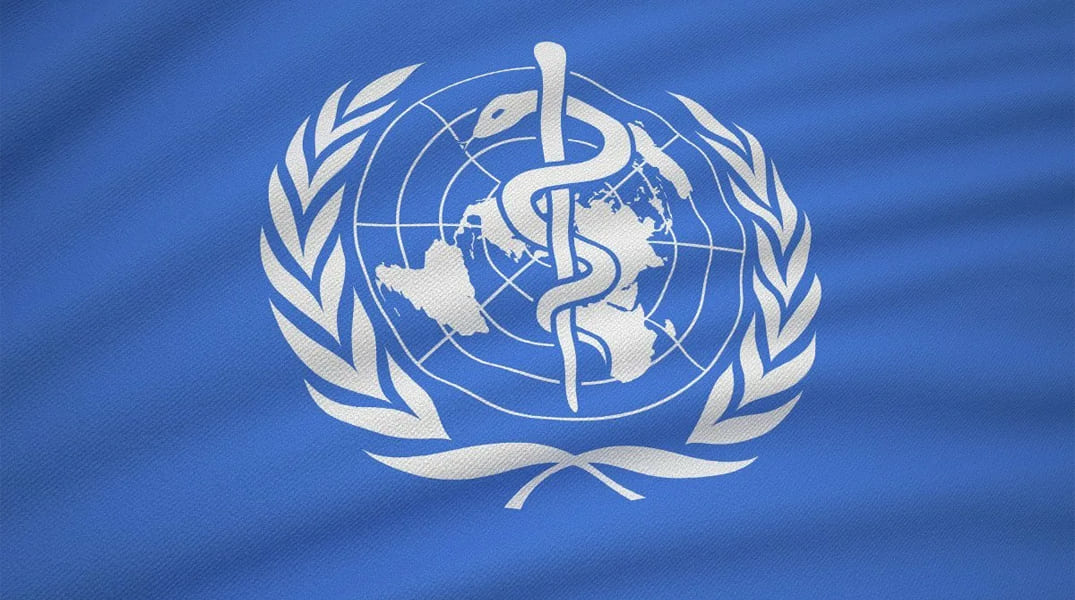Europe is renowned not only for its rich history and culture but also for its high quality of life, which includes accessible and efficient healthcare. However, healthcare systems vary across countries, and determining the best one is a challenging task.
Today, we will discuss where the best healthcare in Europe is, considering countries not only by the quality of services provided but also by their accessibility for locals and visitors.
Contents
- How was our list compiled?
- What indicators does WHO pay attention to?
- Germany
- Switzerland
- France
- Spain
- Italy
- Conclusion
How was our list compiled?
In compiling the list of countries with the best healthcare in Europe, we considered data from the WHO – the World Health Organization. Before moving on to the actual list of countries, let’s briefly discuss how this organization evaluates healthcare in different countries.

The WHO does not use a single ranking for all countries – instead, it applies various tools and indicators to assess different aspects of the healthcare system. Let’s look at them in more detail.
Human Development Index (HDI)
- Assesses the standard of living in countries, including health indicators (life expectancy, poverty assessment, literacy, and other indicators).
- It is not a direct indicator of the quality of medical services but gives an idea of the overall health level of the population.
World Health Report
- An annual report analyzing the state of healthcare in different countries.
- Evaluates factors affecting the health of the population, including the availability of medical services, the quality of medical care, the level of education, and the standard of living.
- Does not assign rankings but provides detailed information about the situation in different countries.
Project “Measuring the Quality of Care”
Assesses the quality of medical care based on various criteria, such as:
- Safety (number of medical errors).
- Effectiveness (treatment outcomes).
- Equity (equal access to services).
- Responsiveness (patient satisfaction).

Tools for assessing specific aspects
- Patient surveys. Assess patient satisfaction with medical services.
- Medical facility audits. Check compliance with established standards for providing medical services.
- Analysis of medical data. Evaluates treatment effectiveness and resource use.
What indicators does WHO pay attention to?
When it comes to comprehensive analysis, WHO focuses on several key factors that form the overall picture:
- Life expectancy: An indicator of the population’s health.
- Infant mortality: Indicates the accessibility and quality of medical care for newborns.
- Mortality from infectious diseases: An indicator of the effectiveness of infection control.
- Availability of medical services: The number of doctors, hospitals, pharmacies per capita.
- Quality of medical care: Treatment effectiveness, safety, patient satisfaction.
- Healthcare expenditure: The percentage of GDP allocated to healthcare.
In addition to WHO assessments, other sources can also be considered. For example, the “Best Hospital in the World” ranking compiled by the authoritative Newsweek magazine. Here is what the top-250 hospitals for 2024 look like. Note that four clinics from Europe are in the top ten.

It’s time to move on to our list of countries with well-developed healthcare systems. It’s quite extensive, so we decided to highlight only the top 5.
Germany
Germany is often associated with sausages and the Oktoberfest beer festival, and the image of a plump German immediately comes to mind. But these are all stereotypes, and the residents of Germany are among the healthiest people in the world. The explanation is simple – the country has a very well-developed national healthcare system. For example, the Charité clinic is annually included in the list of the best hospitals in the world according to the already mentioned Newsweek magazine.

The average life expectancy is 81 years. In local hospitals, the waiting time is very short, so medical care can be obtained as quickly as possible. There are many public hospitals in the country offering a full range of medical services. Paid treatment is also available, as in all countries. All working Germans are required to have state health insurance, which provides access to most services and ensures that medical care is equally accessible to everyone.
Switzerland
The main part of healthcare funding in Switzerland is through mandatory health insurance. Every resident of the country is required to have a health policy that covers basic medical services. However, the cost of insurance will depend on age, health status, and the chosen insurance. The state subsidizes insurance for the poor, ensuring access to medical care for everyone. Of course, if you are a visitor and do not have a residence permit, you fully pay for the services, which, by the way, are very expensive here.

The average life expectancy in the country is 83 years. In 2019, Switzerland was recognized as the “best country to live in” by U.S. News and World Report. The publication highlighted two main advantages of Switzerland: the country’s almost perfect rating for political and economic stability, and one of the best healthcare systems in Europe.
France
France has been recognized several times by the WHO as the country with the best healthcare in Europe. A high level is achieved thanks to a combination of private and public funding (the government covers about 75% of healthcare costs).

Any citizen of the country or a foreigner with a residence permit can use medical services. At the same time, you can choose your own doctor. It is noteworthy that France spends more money on healthcare than any other country in Europe. Even considering this, most French people also use private medical services.
The average life expectancy is 82 years. Each department of the country must have at least one general public clinic, as well as many private clinics and outpatient clinics.
Spain
In Spain, well-equipped clinics are found not only in large cities but also in small towns. Emergency medical care is available to absolutely everyone, including refugees without a residence permit. Social security is well developed here, and healthcare is usually funded through taxes (including on alcohol and tobacco products). Medical care in Spain is based on the principles of universal and equal accessibility. The average life expectancy in the country is 83 years.

About 95% of local residents receive medical care for free, with about 80% of diseases treated in public hospitals. Private medicine is also well developed, but it is mostly specialized.
Residents of the country have the right to freely choose their primary care physician. They issue referrals for tests and appointments with other specialists, and prescribe medications. By the way, medicines prescribed by a doctor will be much cheaper than without a prescription. As a result, a person pays only 40% of the cost of medications, and pensioners – 10%.
Spain is increasingly becoming a place where people move for permanent residence, obtain a residence permit, and then citizenship of the country. If you are also interested in this opportunity, our company “M2 Real Estate” is pleased to offer you a full range of services for life, health, property, and other insurance. On our website, you can find prices for real estate that can be rented or purchased for ownership. Note that the exchange service has recently become popular. Thanks to it, you can become the owner of real estate in Spain without buying it, but by exchanging it for real estate in your country.
Italy
In Italy, the average life expectancy is 82 years, which is largely due to quality healthcare. As a rule, Italians are treated in public clinics that provide a full range of services. Emergency medical care can be obtained free of charge by absolutely everyone, including people illegally residing in Italy.

Some types of services in the country are paid. For example, dentistry, issuing health certificates, medical disability certificates, any services outside working hours, laser eye surgery, cataract treatment, and other types of surgery. But there are exceptions. For example, emergency dental care is provided free of charge.
Conclusion
These are just a few countries with well-developed healthcare systems in Europe. This list can safely include all Scandinavian countries, the Netherlands, Malta, Portugal, and other states. The difficulty of choosing the “best of the best” only indicates one thing – healthcare in Europe is at a very high level.


